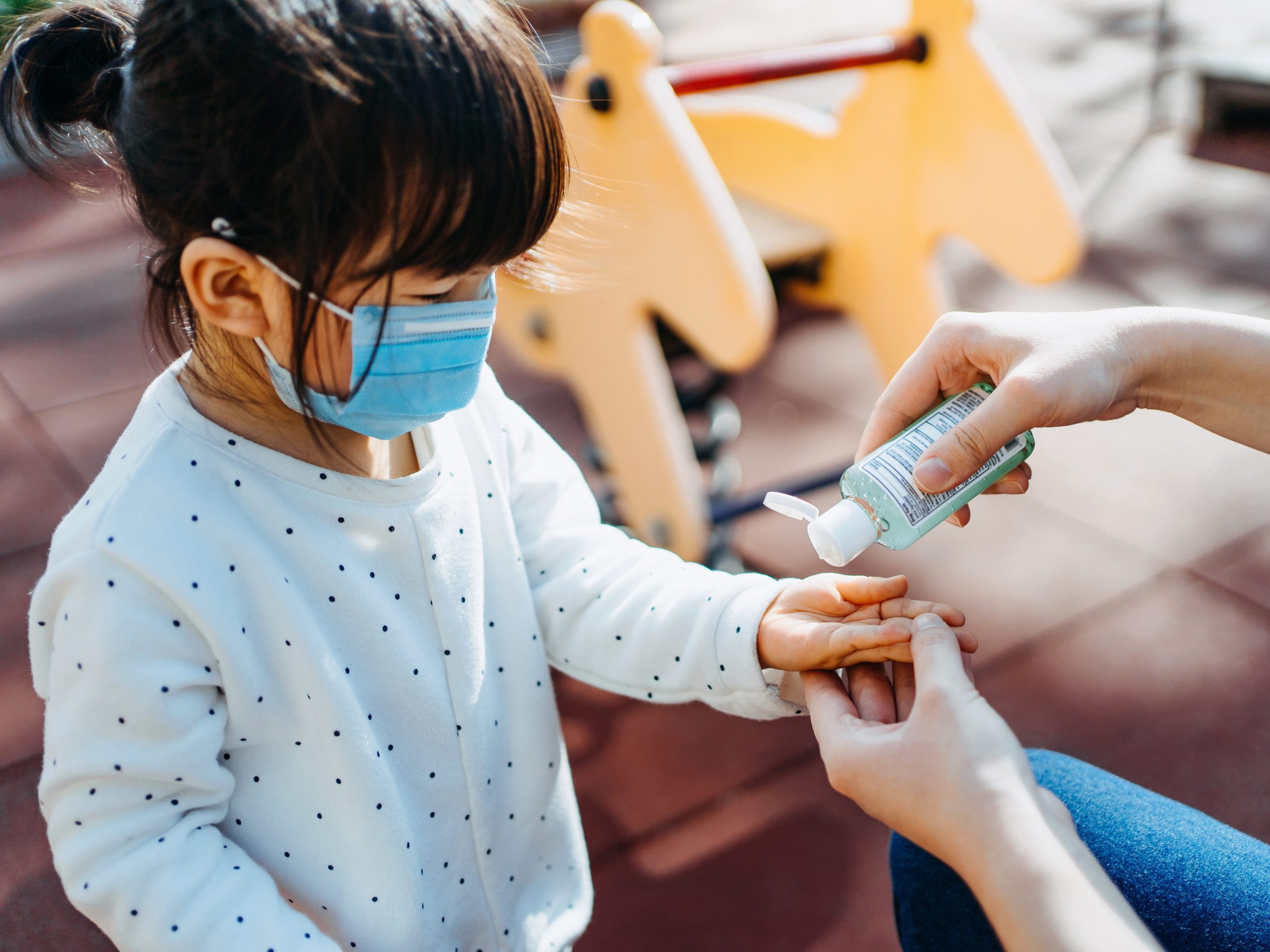- New research adds to the evidence that children may be “silent spreaders” of the novel coronavirus without showing symptoms.
- A study on 91 children found 22% of them had asymptomatic cases of COVID-19, the disease caused by the coronavirus.
- They carried and shed traces of the virus for up to 3 weeks, the study found.
- Visit Business Insider’s homepage for more stories.
There’s even more evidence that children could play a major role in spreading the novel coronavirus, even without showing symptoms, according to a new study published today in JAMA.
Researchers in South Korea looked at data on 91 children with COVID-19 across 22 hospitals, who were tested an average of every three days to monitor ongoing viral load and symptoms between February and March.
They found 22% had no symptoms at all. One in four developed symptoms after they were diagnosed, sometimes as long as 25 days later. One in five of them never showed symptoms of illness.
Regardless of symptoms, patients carried detectable signs of coronavirus for an average or 17 days, and some for 21 days or more after the initial diagnosis, the study found.
Among children who did show signs of illness, symptoms could last between three days and three weeks, the study found, with 10% of those with symptoms reporting continued illness three weeks or longer after they were diagnosed. Previously, there was little evidence of how long children might show symptoms.
Analyzing the data in an accompanying editorial, Drs. Roberta DeBiasi and Meghan Delaney of Children's National Hospital said it shows a need for universal testing of children.
They said the study's findings show that screening children with symptoms alone would have missed 93% of the cases would have been missed.
"A surveillance strategy that tests only symptomatic children will fail to identify children who are silently shedding virus while moving about their community and schools," Dr. Roberta DeBiasi and Dr. Meghan Delaney wrote in the editorial.
They said the findings that children with symptomatic cases can show symptoms for up to three weeks highlights just how much we still don't know. In order to better control outbreaks, DeBiasi and Delaney said, more data on how children are affected, and could infect others, is needed.
"Until these studies are performed, we are shooting in the dark," they wrote.
Read more:
Fauci calls photos of packed hallway in a Georgia high school 'disturbing'
